
 Don't Change A Thing
Don't Change A Thing
Author: StyleLikeU
Subscribed: 4,177Played: 72,864Description
Join hosts Elisa Goodkind and Lily Mandelbaum, the mother-daughter duo renowned for their groundbreaking YouTube channel StyleLikeU and 'What's Underneath' series, as they delve deep into the heart of radical self-love in an intimate filmed podcast. From cultural icons to lesser-known gems, each episode features a guest working to proudly embrace their identity through the lens of unapologetic personal style, challenging societal norms and owning their differences as superpowers.
Through candid conversations exploring themes of redefining beauty, dress as self-expression, and shedding shame, Elisa and Lily not only spotlight those who defy conformity but also unravel the complexities of their own evolving relationship in the name of self-acceptance.



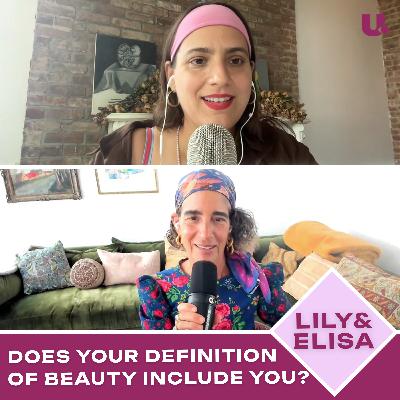

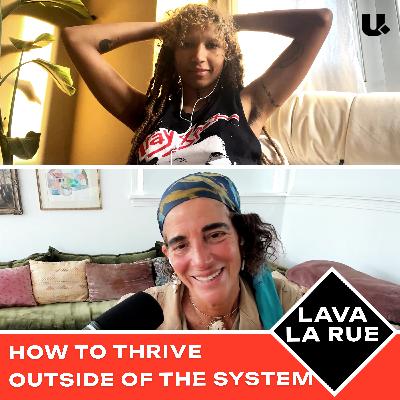
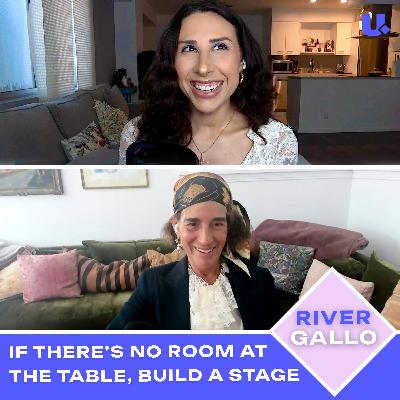
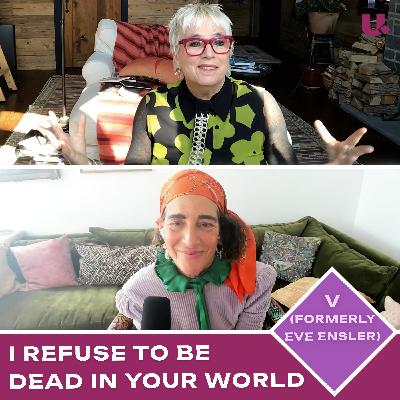
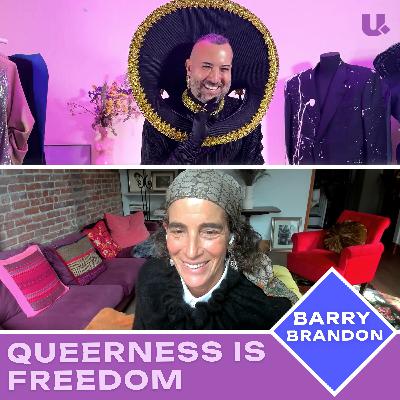
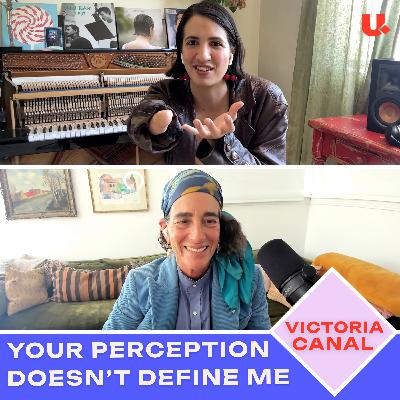
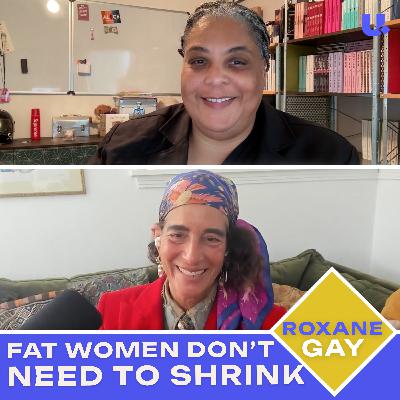
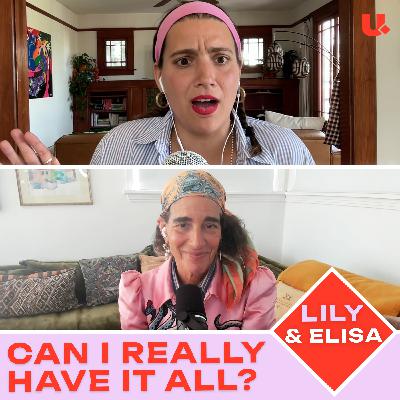
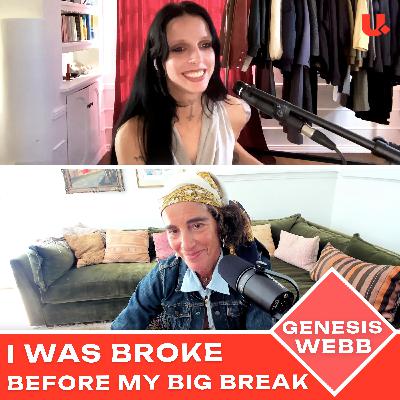
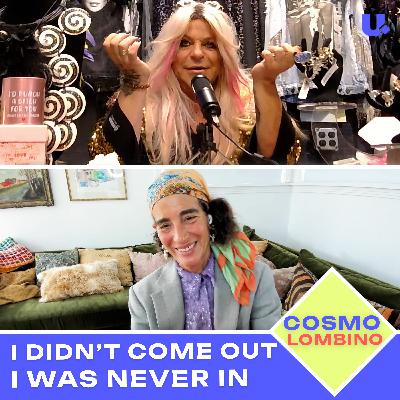
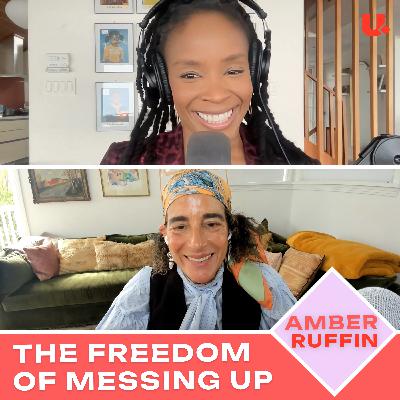
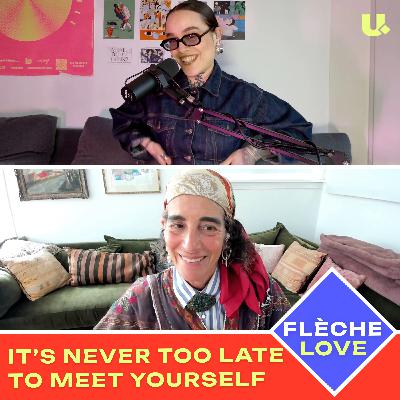
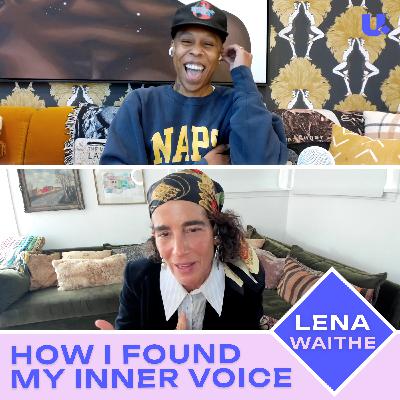
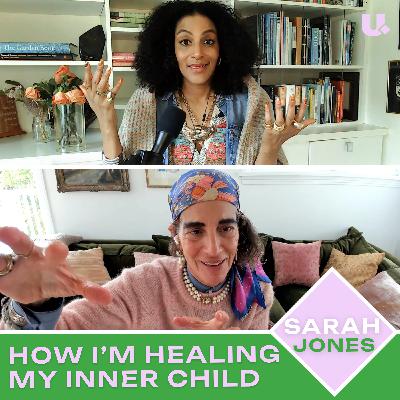
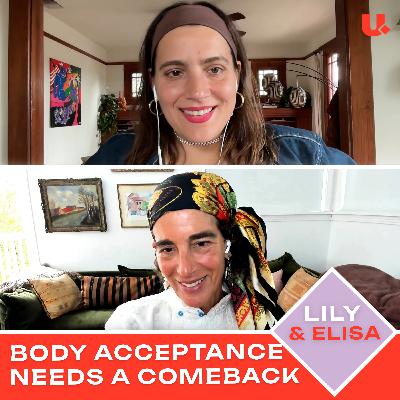







This podcast was so beautiful, wise and thought provoking. I'm going to re listen and make notes! Thank you 💓
I have struggled with severe BDD since childhood. I turned 40 and I am really having to face this illness once again. I relate to you Stacy so much. thank you thank you. very helpful.
a bunch of self absorbed humans..who get wasted on champas to escape reality..thank you.
Girls, this was a very emotional episode, congrats on picking the guest! I just wanted to comment on the way you were asking questions: sometimes it seemed like you weren't really listening to her and respecting some of the deep emotions she was expressing. It seemed like you were asking preprepared questions rather than going with the flow of the conversation and that to me was disturbing at times. Other than that, great episode!
Respect to her! im glad she find her true self, and got liberated! 😊😍
loved this so much. Lorri is so private, it makes her so interesting. I just love her soft voice, and love what she did for Damien. thank goodness for her
yet another perfect story of an ultimate inspiration <3
this was beautiful. thank you
That I love you Jacob (and want to meet you and be your friend), is an understatement. The things you say, the way you say them, the way you see what you say, is the most honest, important and heartly (healthy/heartfelt) way I have ever been exposed too ever! I almost cant (but I try to) express how much you, and what you say, and the human being you have become and still becoming, mean to me. And that Lilly and Elisa are who they are and bring forth this conversation, and all the other conversations, the importance off this cant be stressed enough. I would love too be in this room with you and a part off this conversation with you, Lilly and Elisa ❤️ free yourself and heal.
yes!!!!!!!! i agree w this so muchhhhhh!!!! <3 nothing is boring!!!
"We are not going to become visible in all our power as older women until we stop doing it (coloring our hair, botox, face lifts, etc.)." Excellent episode. So many important points made. Thanks! Brava!
sounds awful who cares
Great content. I truly love your work. Every time I'm watching your videos or listening your podcasts I feel more than ever grounded and in touch with myself. You really make a change in the world.
This was so relatable and so powerful! Its really revolutionary! Also, this guy was straight up telling you LITERALLY the things I’m trying to figure out the last couple of years and we have the same perspective, I was creeped out with how similar his thoughts process was to mine but blown away at the same time.. loved it!!!!
Thank you for this 👩🏽🎤
amazing
I thought your videos and podcasts just couldn't be more sincere and profound, but they actually can :) I am so grateful I stay connected to you on Instagram ,and YouTube and now here. I do want to tribute and thank you for the work you have done and continue to do, so the least I can do is to buy your book. You make my day every day you release something. Please, flourish and bloom, you are amazing people.
Hello, girls. I follow you everywhere possible and enjoy starting my week with your ideas and inspiring speeches. Utterly greatful here!
does the same man on the Land O and the Kerrville locations
cool